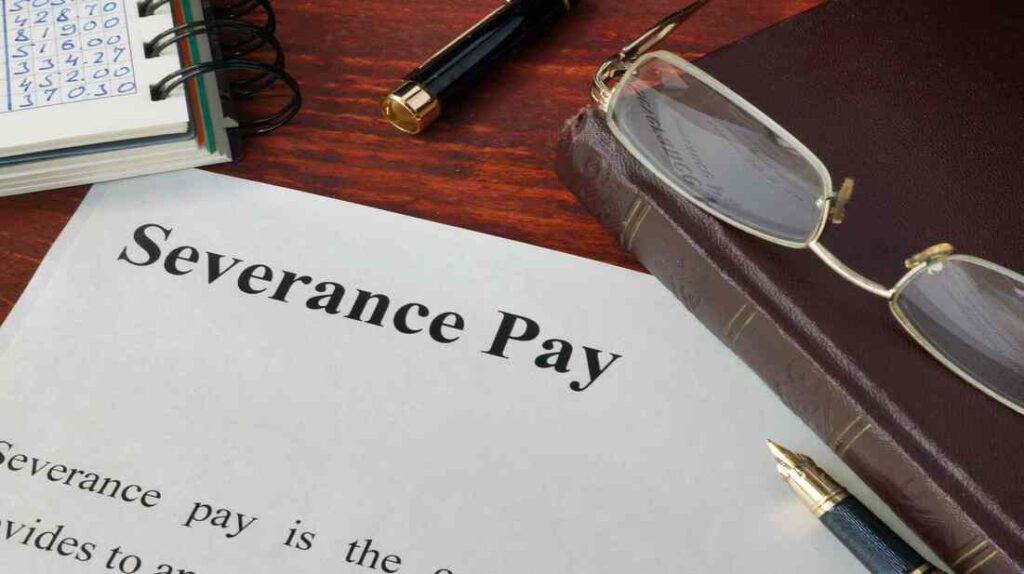Since the Supreme Court of Canada’s 1997 decision in Wallace v. United Grain Growers, employers have been advised to exercise caution at the time of dismissal.
In 2015, in Potter v. New Brunswick Legal Aid Services Commission, the Supreme Court confirmed that the duty of honesty and good faith applies in the context of employment relationships.
In particular, employers:
- must act in good faith;
- must not exploit the vulnerability of employees;
- ought to be candid, reasonable, honest and forthright with employees; and
- must refrain from conduct that is unfair or in bad faith by being untruthful, misleading or unduly insensitive.
As a result, if an employer acts in bad faith during the course of termination, their conduct could invalidate the entire employment contract, including any clauses limiting entitlements upon termination of employment, such that the employer may be obligated to pay very high compensation to a terminated employee as damages for wrongful dismissal.
For example, in Humphrey v Mene, the bad bad faith conduct of an employer amounted to a repudiation of the employment agreement and therefore entitled the employee to common law wrongful dismissal damages. The employee was awarded with 11 months’ notice, which amounted to approximately $82,500.
Had the employer complied with their duty of good faith, the employee would only have been owed their minimum entitlements under the Employment Standards Act and the employer would not have had to pay the former employee $82,500 in wrongful dismissal damages and another $75,000 in aggravated and punitive damages, totalling almost $160,000 in damages awarded to the employee.
In short, bad faith by an employer can entitle an employee to severance pay and large punitive or aggravated damages
If your employment has been terminated or you believe that your employer is not acting in good faith, you should seek legal advice immediately.
We are here to help.
Click below or call now for a free legal consultation.










